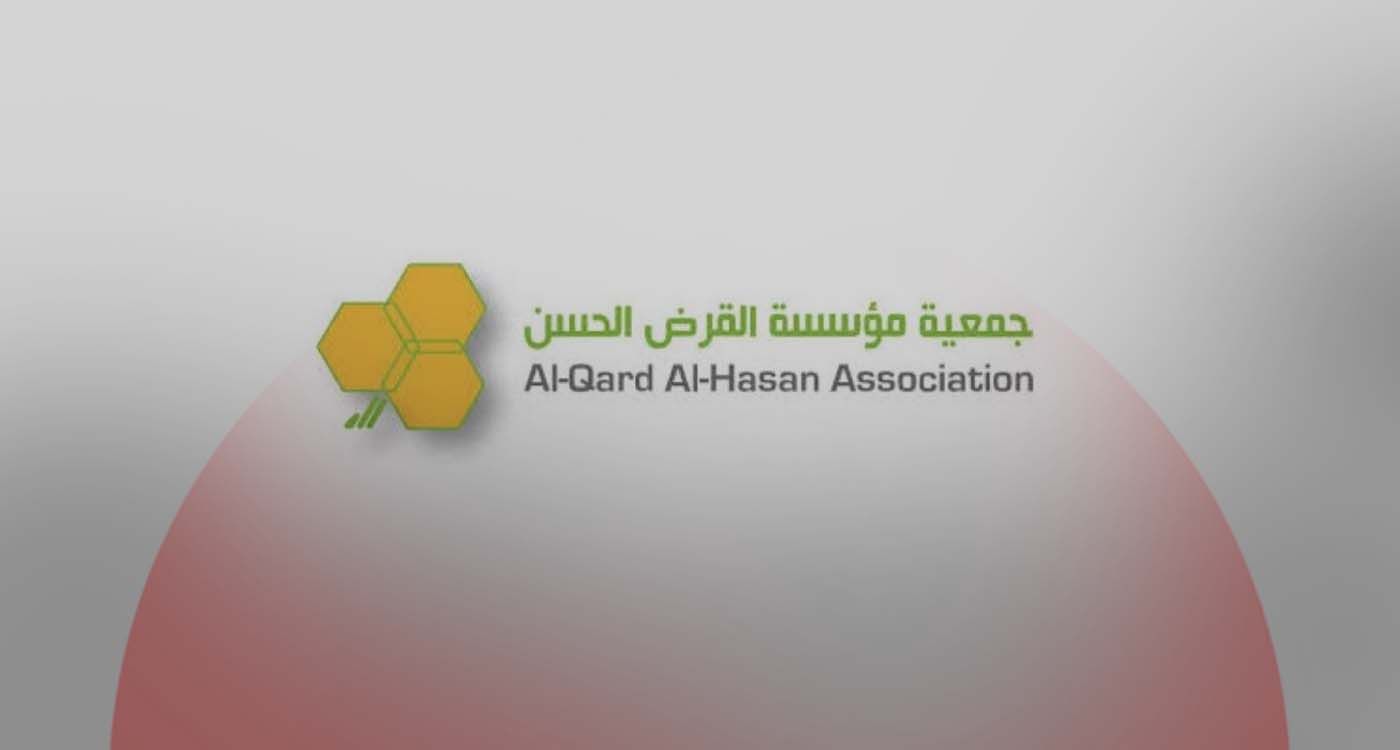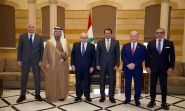
Behind Hezbollah’s grand rhetoric of solidarity lies a stark truth: Residents of South Lebanon have been abandoned. Qard al-Hassan, the group’s so-called charitable arm, is little more than an opaque illusion, insolvent, unaccountable and hollow.
In the villages of southern Lebanon, a fragile calm masks deep anger. In Blat, Khiam, Kfarchouba and Marjayoun, homes remain gutted, shops shuttered and families shattered. Months after the bombings, reconstruction stalls, suffocated by Hezbollah’s failure to deliver on its grand promises to its people.
Where the state was absent, the Shia militia pledged to repair and rebuild. Instead, it offered only an illusion. Its heavily publicized compensation checks are worth no more than the paper they’re printed on.
Empty Promises
Residents quickly realized Hezbollah’s pledges were a cruel farce. The checks were all postdated by several months and often couldn’t be cashed when due. Stripped of resources, many are forced to sell belongings, take on debt or mortgage their remaining assets just to rebuild. Meanwhile, the group’s leaders continue to boast of a divine victory on camera.
“My roof was pierced, my room unusable, my shop destroyed, debts piling up,” says Ahmad, 55, from Blat. “I received a check in January 2025, payable in May. It’s still unused. It’s just a reminder of what I lost while waiting.”
Qard al-Hassan: A Machine Crushing Hope
Where Hezbollah once promised to fill the state’s absence, it now enforces a Kafkaesque bureaucracy. Qard al-Hassan, a so-called “financial institution,” illegal even by Hezbollah’s own rules, claims to help disaster victims. In truth, it operates like a ghost bank: no guarantees, no transparency, no funds. When checks expire, recipients are shuffled into this shadow system, facing additional delays that often lead nowhere.
“I received a check in January, meant to be payable in May. In May, they told me to wait another 35 days. It’s now June, and my house is still exposed to the elements. My shop remains closed. It’s a silent torture,” says Ali, 57, from Khiam.
A Collapse Disguised as Resistance
On June 23, Hezbollah’s compensation committee indefinitely suspended all payments, blaming the escalating Iran-Israel conflict. The message was clear: the funds have dried up. Hezbollah, portrayed as the “guarantor of resistance,” can no longer honor its commitments to its supporters. Its claimed social strength is crumbling, exposing its reliance on shrinking external financing.
“My check was due to be cashed this month. Now they’ve announced a freeze. This is the ultimate betrayal,” says Abou Ali, 65, from Khiam. “Months of waiting and hoping. And now? Nothing. Just contempt.”
A Trapped, Neglected and Forsaken People
Many families haven’t even received a check. Their homes were inspected and photographed by Hezbollah-linked agents, but since then, silence.
“They came, took photos, and now it’s as if my house doesn’t exist. As if my suffering isn’t real,” says Fadia from Marjayoun, her voice heavy with exhaustion.
Hezbollah claims to protect its people but abandons them. It promises reconstruction yet leaves them waiting. It boasts of resistance while sacrificing its own.
The Fall of a Myth
Once proud to be a “state within a state,” Hezbollah is now an overwhelmed caretaker, incapable of supporting those it claims to represent. The facade of efficiency has crumbled, beneath it lies chaos. Qard al-Hassan is broke, its checks worthless, and the people know it.
“We can’t move forward or rebuild. We’re trapped, clutching paper that’s worthless,” says Ramzi, whose home remains unlivable. “Is this what resistance really looks like?”
In the ruins of South Lebanon, the waiting is over, people see the bare truth. Many have lost all hope. The thin veneer of so-called solidarity has shattered. What remains is raw anger, and a populace betrayed one time too many.



Comments